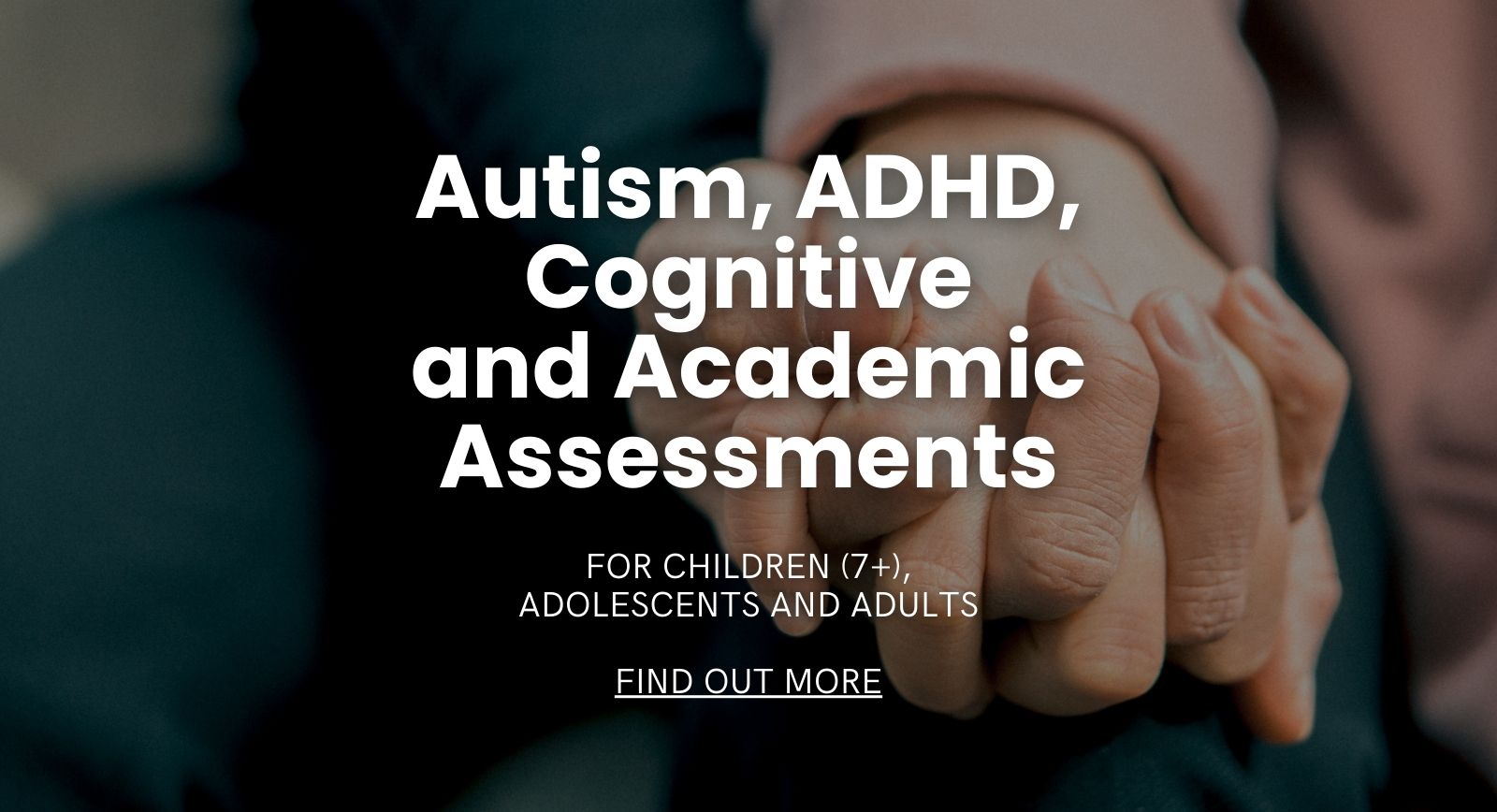Eating Problems
Challenge
Is your child a very picky eater?
Do they have a very narrow range of foods that they'll eat?
Are they obsessed with being thin and refuse to maintain even a minimally normal weight?
Is your child influenced by an 'ideal' body type, or comparing their appearance to others?
Is your child repeatedly eating too much food in a short amount of time?
Whilst selective eating is often associated with anxiety issues, and with autism spectrum disorder, eating disorders in children and teenagers can lead to a host of serious physical problems, and at the extreme, can even result in death. Those with eating disorders will need treatment to help restore regular eating habits and regain a normal, healthy weight.
According to the Butterfly Foundation, in 2012 4% of the Australian population suffered from eating disorders. Common eating disorders include anorexia nervosa (characterised by lack of eating and an obsessive fear of gaining weight), bulimia (which involves a process of binging and then purging food), and ARFID (avoidant/restrictive food intake disorder, aligned with disturbed eating patterns that deprives the body of nutrition). Signs such as an intense focus on body-shape or weight, fear of gaining weight, anxiety around meal times, a distorted body image, and excuses to not eat, may indicate an eating disorder of this calibre. Binge eating disorder is another form of disordered eating characterised by frequently and recurringly eating excessive food when not hungry. This is often followed by intense feelings of guilt, shame and self-hatred. Though it is frightening to watch someone go through disordered eating, there is always hope.
Options
Witnessing someone, particularly your child, go through an eating disorder can be difficult and traumatizing, and knowing how to best support them can be difficult. It is important that you reach out and let them know that you love them. Seeking help for yourself and your child during this time is understandable and encouraged. Congratulations in taking the first step. There is hope.
Working in conjunction with your GP, the use of evidence-based therapies are effective in dealing with eating disorders and body image issues. A lot can be done to guide, support and assist you and your child through such a difficult time. It is important to tackle issues of eating disorders early on, as they can develop into more severe health problems. Don't be afraid to take the next step in recovery!

